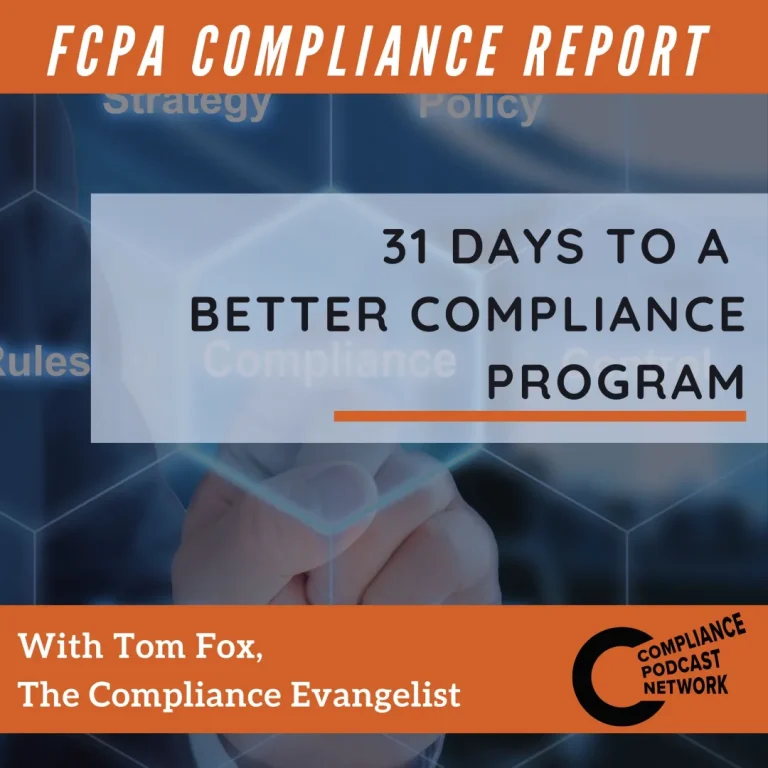One cannot really say enough about risk assessments in the context of anti-corruption programs. This is because every corporate compliance program should be based on a risk assessment, on an understanding of your organization’s business from a commercial perspective, on how your organization has identified, assessed, and defined its risk profile, and, finally, on the degree to which the program devotes appropriate scrutiny and resources to this range of risks. The 2023 ECCP added a new emphasis on the cadence of Risk Assessments, mandating that risk assessments should be done not less than annually, but in reality, they should be done each time your risk changes. Over the past couple of years, every company’s risks have changed from going to Work From Home to Return to the Office to the Hybrid Work environments of 2024. What about geopolitical issues, the supply chain, or even potential compliance risks in the 2024 election cycle? Have you assessed each of these new paradigms for risks from a compliance perspective?
There are a number of ways you can slice and dice your basic inquiry. As with almost all FCPA compliance, it is important that your protocol be well thought out. If you use one, some, or all of the above as your basic inquiries for your risk analysis, it should be acceptable as your starting point.
Three key takeaways:
1. Since at least 1999, the DOJ has pointed to the risk assessment as the start of an effective compliance program.
2. The DOJ will now consider both your risk assessment methodology for identifying risks and the gathered evidence.
3. You should base your compliance program on your risk assessment.
For more information on Ethico and a free White Paper on top compliance issues in 2024, click here.



